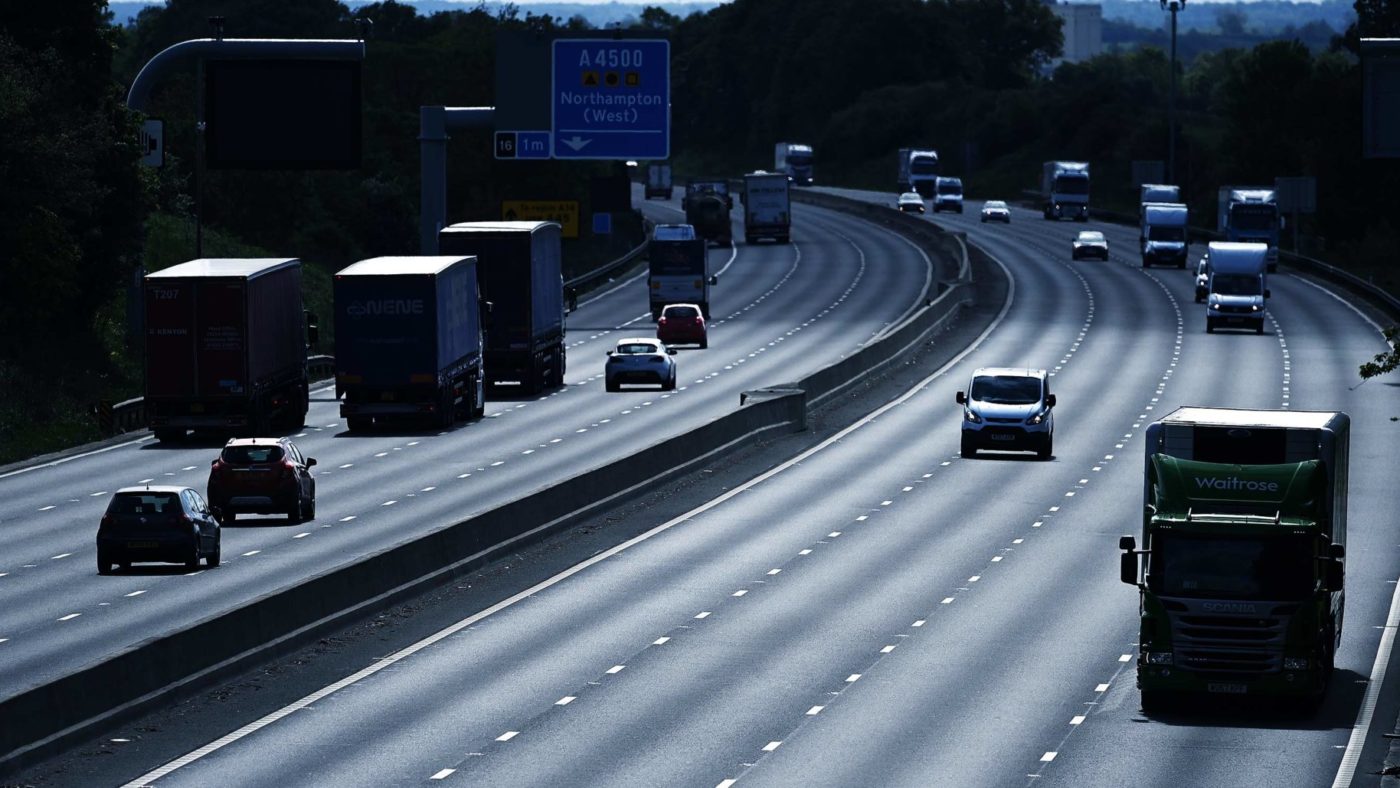Ever since the 1800 Act of Union led to demands to improve access to London – and the commissioning of the brilliant engineer Thomas Telford to build the Menai Bridge, enhancing the route from Holyhead for Irish MPs – better transport between the constituent nations of the United Kingdom has been an ongoing political issue.
Even now, there are numerous subsidised air routes – called Public Service Obligation flights – between places such as Derry, Belfast and Newquay and London, and around the Scottish islands. The sleeper train to Penzance is also subsidised.
So it is great news that Sir Peter Hendy, the chairman of Network Rail, has been asked by the Prime Minister to conduct a Union Connectivity Review into transport links within the UK. For some reason, this announcement has not attracted much comment, even though Sir Peter is reporting to Boris Johnson directly, alongside the chancellor Rishi Sunak and Transport Secretary Grant Shapps. Unlike previous such reviews, such as the Airports Commission, Sir Peter is looking at the practicalities, including cost, feasibility, value for money, deliverability and in what order projects should be sequenced.
He has spent his life working on the railways, most famously as Commissioner of Transport for London. He’s also been tasked with producing his interim findings by January – that is double quick in Westminster time – so we can assume that he is going to come up with serious, realistic suggestions.
For this reason, ignore the headlines about the Prime Minister’s pet project of a bridge between Scotland and Northern Ireland, spanning the deep and dangerous Beaufort Trench across the Irish Sea. While that is not as barking mad as it sounds, significant progress is unlikely for years.
There are three big questions Sir Peter has to consider.
Firstly, to what extend is the Government willing to bring in the private sector to help deliver some of these projects? The Public Finance Initiative proved unnecessarily costly, but the massive overruns in both HS2 and Crossrail show that the Government cannot deliver all the new infrastructure we need itself. Not only are the public finances sickly from the coronavirus, Ministers and the civil service lack the capacity for efficiently delivering dozens of projects simultaneously.
Instead of shutting the door on the private sector, Sir Peter should suggest new forms of collaboration, with effective value for money and profit-sharing clauses. The private sector has huge spare capacity and can readily be deployed to build complex projects at speed. Broadband in rural areas, regional airport expansion, rail electrification and managed lanes on motorways are all areas where projects could be delivered at pace by private companies.
The second big question is about the of role aviation in enhancing links between the nations of the UK. There is no point denying that planes emit carbon and that this runs counter to the Government’s zero carbon commitments. But flying remains cheaper, simpler and safer than most other forms of transport, and when you take account of new technology and the potential for mitigation via carbon pricing and carbon capture and storage, then Sir Peter should encourage it rather than come up with fantastical, expensive alternatives.
For example, I have noticed that the privately owned Southampton Airport wants to extend its runway to take bigger planes. Needless to say this modest proposal is jammed up in Whitehall somewhere. It should be approved.
Finally, he will have to confront the fact that, far from abandoning our cars, we are again taking to them in large numbers. Road traffic has recovered faster than any other form of transport in the wake of the pandemic. We can all kid ourselves that a national bicycle network or high speed rail are going to be used for all medium and long journeys, but there is no evidence to back it up.
So if roads are going to continue to feature strongly in the future transport network, we better get our thinking caps on. Even if we all clamber into electric cars, we are going to have to accept we live on a small island and that means managing demand and reducing emissions. The obvious solution is the gradual replacement of road tax with road pricing for new managed lanes on motorways (which charge lorries and pushy drivers for usage), dynamic congestion charges in city centres and tolls to pay for new roads.
The Wolfson Economic Prize in 2017 was won by brainbox Gergely Raccuja, who did a fantastic piece of work on road pricing. Sir Peter could do worse than plunder it for ideas. And please can he get the A303 to the West Country turned into a proper dual carriageway, with a tunnel past Stonehenge if necessary? It was first announced in 1971 and remains incomplete.
Above all, Sir Peter should eschew the mindset of the “urban metropolitan thinkers” recently decried by Treasury minister Lord Agnew, and instead take a flinty, practical view. What are the cheapest and simplest projects to deliver? How will they be paid for? What will work? We want to hear from a pragmatic man of business, with rubber-soled shoes, who can actually get stuff done.
Click here to subscribe to our daily briefing – the best pieces from CapX and across the web.
CapX depends on the generosity of its readers. If you value what we do, please consider making a donation.


